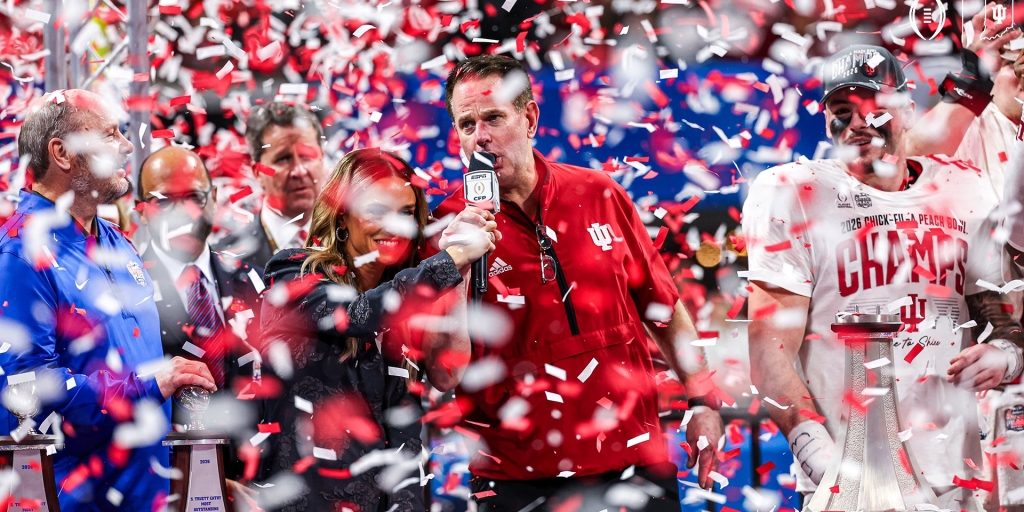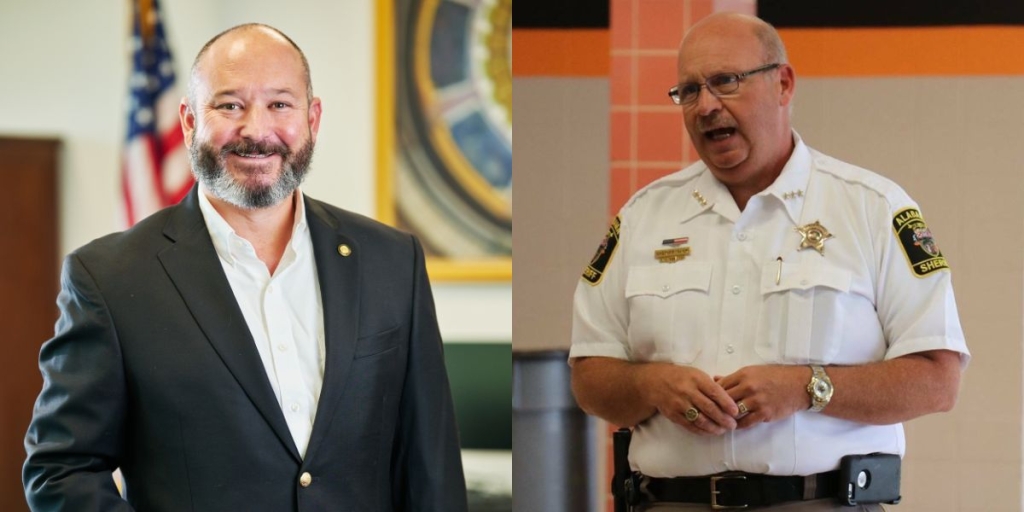
The Monthly “Research Institute Forum” is an initiative of the Research Institute of the Ethics and Religious Liberty Commission. Learn more about the Research Institute.
Last month, a former Facebook executive made headlines for accusing social media of “ripping apart” American society because of how it fosters harassment, tribalism, and resentment.
Question: As Christian leaders, how do you evaluate social media? Is it good for America? Is it good for Christians? How have your social media practices changed since you first entered the social media world?
Karen Swallow Prior: I remember the first time I heard the term “social media” being used by a friend. Even after she explained it to me, I still didn’t understand what it meant. That seems like a lifetime ago. Today, I know too well what it means. I’ve been on Facebook for over 10 years and on Twitter for eight. The connections I have made through both of these mediums have changed, enlarged, and enriched my life in measurable and immeasurable ways.
But it is exactly because of the good social media accomplishes that we must be attentive to the nature of its power, a power that can bring ill as well as good.
By its very definition, social media is a form of mediated social life. I like to remind people that online life is not the same as real life. Both the form and content of my interactions with the flesh-and-blood people in my life—family, friends, co-workers, and neighbors—differs in almost every way from my interactions with people on social media. When I gather socially with my various neighbors, for example, we almost never discuss the topics I discuss on the internet. The things that bring me into contact with people in my community are entirely different from how people on social media cluster together based on common interests (even when that “commonality” is following people whose views are “opposite” your own).
Intimacy in online relationships is always—inherently, and necessarily—partial, absent the embodiment and social context, and therefore distorted. On social media, popularity is marked visually and publicly by the number of one’s likes, friends, followers, and retweets. Interactions are thus characterized primarily quantitatively rather than qualitatively. Even time operates differently in social media, contracting and expanding in ways that are unnatural in real life conversations and relationships.
Yet, beyond these ways in which we think we understand the world of social media, both good and bad, I’m not sure we are capable of understanding what it means for us to exist in a world in the process of being re-formed by social media. We may be in the middle of a shift as dramatic as that which marked the end of the pre-modern world and the beginning of modernity.
Historians mark that shift by what is termed the “turn to the subject.” At its simplest, this philosophical phrase refers to the replacement of external, objective authority (such as God) with individual, subjective phenomenon (such as reason, observation, or sensory experience) as the source of knowledge and being. Those who lived during those years (centuries, really) of transition to the modern age could not see from within it the radical nature of that shift as we who are looking back can.
I wonder if social media will be the catalyst for a parallel shift that will, many years in the future, be just as seismic. Increasingly, we understand ourselves based not on an internal, subjective sense of ourselves as in the modern age, nor on a sense of identity and purpose that is mediated through the objectivity of religious authority as in the pre-modern age. Rather, more and more we see ourselves in the images reflected back to us through our social media friends, follows, likes, retweets and pictures. I wonder if we are experiencing because of social media a collective “turn to the objectified,” one that will render our projected selves the objects of our own desires.
In order to minimize this danger of social media and increase its potential for good, I’m becoming more intentional in using it to balance telling the truth, pointing to the good, and displaying the beautiful.
Hunter Baker: I have to begin by saying that I was an early adopter on social media (and on blogging before that). There is little doubt that working with those platforms advanced my career and increased the opportunities I have had.
In addition, I want to acknowledge that I have made many excellent friends through social media. One of the joys of traveling so much over the past decade has been that I have been able to turn many “virtual” relationships into the embodied version.
However, I do think social media is partly responsible for the low quality of our public discourse. When our options for media consumption were limited (a handful of television channels, a few major networks, your big city newspaper) there was a tendency for opinion to naturally cohere more toward the center or toward some (maybe artificial) consensus. With the radical decentralization of media (from broadcasting to narrowcasting), we have made it possible for just about everyone to find the sources of news and opinion that appeal primarily to them.
The problem with that development is that you hear a lot of things that confirm your opinions and very little that challenges it. In any case, we all know it is unpleasant to be challenged or contradicted. Now, we can avoid it. However, the result may be that our opinions become more adamantine over time. And we may project those opinions much more forcefully.
There is a sense in which this situation is good. After all, it will be much harder for a future government to control citizen access to opinion and information. I clearly recall being a graduate student watching a primitive chat session taking place in the computer lab at the University of Georgia. Stealing glances, I could see the guy next to me was in an online conversation about the resurrection of Christ. At the time, not so long after the conclusion of the Cold War, I thought happily that never again would a totalitarian government be able to shut down the sharing of the gospel.
But as with any freedom, the key lies in our virtue. If we conduct ourselves virtuously, then our great freedom will have highly positive effects as principled debate flourishes. But if we are not virtuous, if we engage in demonization, propaganda, character assassination, dehumanization, and credulous spreading of doubtful information, then the result will be a damaging, chaotic, cacophony of voices. I fear we are seeing far less virtue in the world of social media than we might have hoped to see. And I am afraid that includes Christians.
Owen Strachan: Social media is a rumbustious, surging, turbulent phenomenon. It has fundamentally destabilized both culture and society. Presidential candidates can win elections off of its back; news media coverage of events regularly depends on it; ordinary people often feel more comfortable interacting on it than in face-to-face conversation; entire careers, carefully curated and seemingly boasting fortress-grade protection from controversy, collapse in a matter of hours due to digital revelations and accusations.
As a theologian and watcher of culture, I see both good and bad in this maelstrom. For example, I am thankful that social media allowed long-silenced women to raise awareness of their suffering at the hands of evil men. These men sowed to the wind, and reaped the whirlwind. Long may it thunder. Additionally, it is great for makers and leaders to be able to engage directly those who appreciate their ideas and efforts. You can now build an entire vocation off of your laptop, provided people find you stimulating. In an age when self-professed revolutionaries are often Orwellian functionaries, social media has opened a lane for genuine free-thinkers. Someone like Ben Shapiro defies all the traditional rules and has emerged as the leading young conservative of his generation, as one example. He has a strong pedigree, but his influence is built largely off of YouTube debates, his own podcast, and his fiery pen.
Social media is marvelous for the spread and discussion of ideas—at least it can be helpful in these respects. With many others, I’m in this to see Christ increase, and me decrease (John 3:30). That is why I use various platforms—Twitter, Facebook, Instagram, and what Bill Belichick called “Snapface.” I’m thrilled with how many pastors, theologians, and God-exalting Christians strive to honor God with online platforms. I’m regularly edified by what I see shared and promoted. Praise God for that.
On the other hand, social media is doubtless affecting our humanity. I see this at my local YMCA. If I’m playing pickup basketball with some teenagers, they often leave headphones on during the game. Since their ability regularly eclipses mine, I venture to say “nice shot” and form a basic human connection with them, but they cannot hear me. I am not a meaningful part of their world; I am, like a “rando” in someone’s Instagram photo, merely part of the social backdrop.
Using social media requires much discernment and carefulness, to be sure. It does concern me in one big area: familial privacy. In the same way that Cal Newport has persuasively argued for concentration as a real human good, I believe that privacy is a genuine common-grace gift. Like the power to concentrate, privacy is fragile and must be carefully protected. The family is its own little world. It is not outside the care and even discipline of the local church, of course; it must not be. But God has so ordered marriage and childraising as to be wonderfully, indulgently, closed in many senses.
Our modern obsession with “community” (both personal and technological) seems to me to detract from the real need for fathers and mothers to love and invest in their children. If we are spending more time chatting, texting, or tweeting with friends, even for good purposes, and taking less time to train and have fun with and disciple and discipline our progeny, we need to re-right that paradigm.
To speak more strongly, I believe we should resist Mark Zuckerberg’s smiling but ominous urges to broadcast our private life. (Steve Jobs is a better guide here–he was very careful with how much media and technology his kids engaged. He’s worth emulating there.) It is no bad thing to have a public life, but we should take pains to guard in appropriate ways the precious isolation of our marriages, our investment in our children, our personal pursuit of God, and our enjoyment of the quiet pleasures of everyday life. We need wisdom here, but if I must, let me be—in the immortal words of You’ve Got Mail—a lone reed in the cultural wild in suggesting this approach.
Lastly, let us never close our spiritual eyes to the effects of social media on our souls. We must take care here, for our modern milieu strains to indoctrinate us to disavow belief in the soul. But the soul, contrary to Dawkins’s protestations and Neil DeGrasse Tyson’s chest-puffing intimidations, is very much alive, and it is a delicate thing. It must be cultivated, stewarded, guarded. These are ineffable realities, happily beyond the reach of the quantifiable, but I know at an existential level that social media has an effect on me. When I take in great doses of it, this effect is baleful, not life-giving.
To counter its pull, we should read more Bible, and savor the Scripture’s beauty and power and mystical wonder, and care for our soul. We should definitely discipline ourselves, and set rules and principles of usage (like taking certain weekends totally off, putting the phone away for hours at night, and so on). I also think it’s helpful to not feel the need to react to the latest news-cycle. Surely some engagement is warranted, but we cannot miss that our culture is desperate for us to get sucked into the latest tempest in a tea-pot.
Let’s be honest: outrage culture works. Even many Christians who denounce it with an eyeroll emoji nonetheless seem glued to it, and very nearly dependent on it for affirmation from their audience. This isn’t healthy in my view. Some things really are awful and emblematic of broader problems and deserve commenting on; many are not. Let us not miss that the sky now falls every couple days or so. We do well to remember that public figures are in many cases lost, and to thus let secularism play out its hand-wringing, pearl-clutching tableau without us.
The days are evil, the culture is astir, but God is on the move, and we have the Spirit. We have what we need to engage social media, and all modern technology, with care and discretion. Whatever specific decisions we make, we have a great opportunity to show our world that it is Christ, and not image or brand or outrage, that is our consuming passion.
The views represented in this post belong only to the authors and do not necessarily reflect the views of the ERLC.
(By Andrew T. Walker / Courtesy of ERLC)












